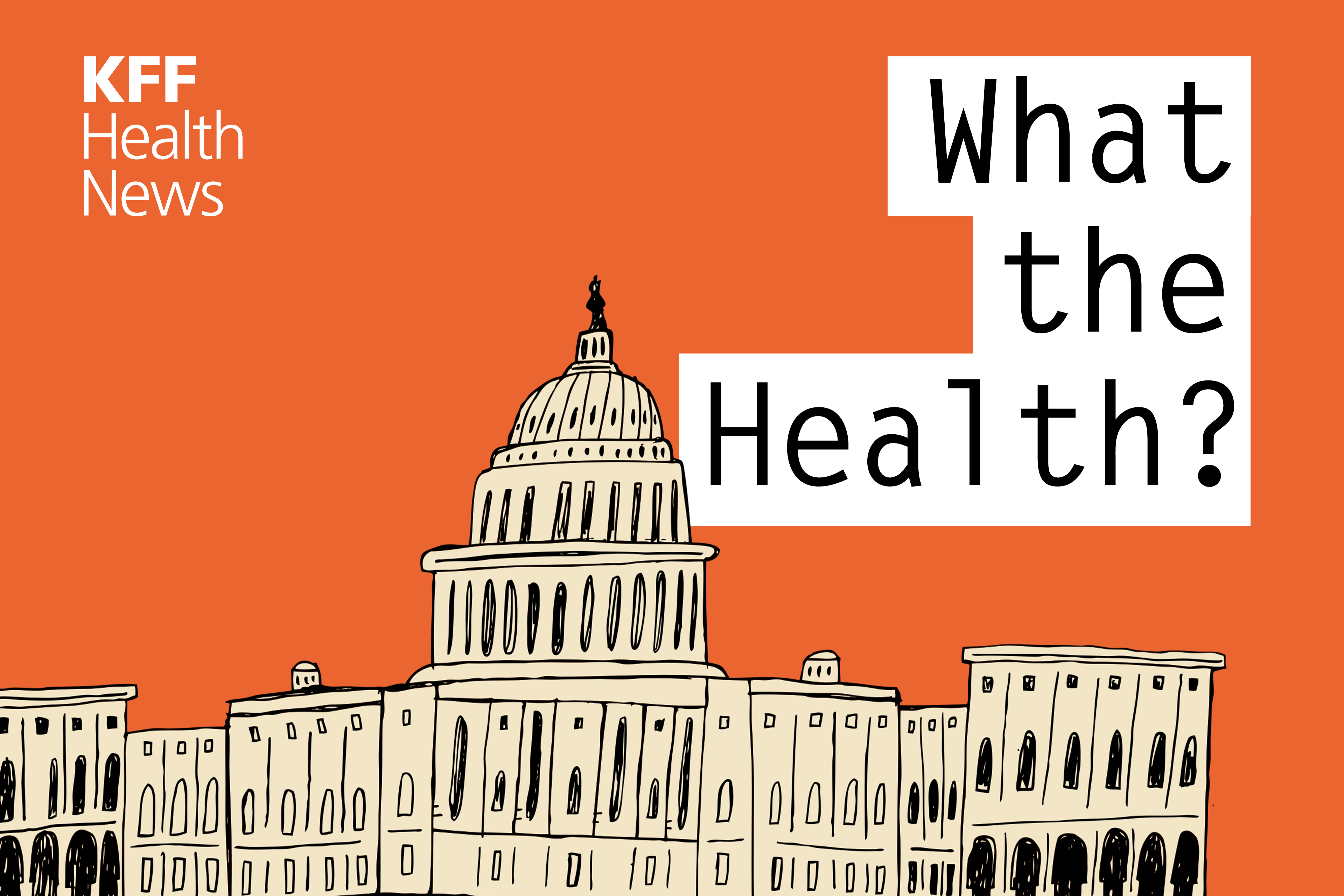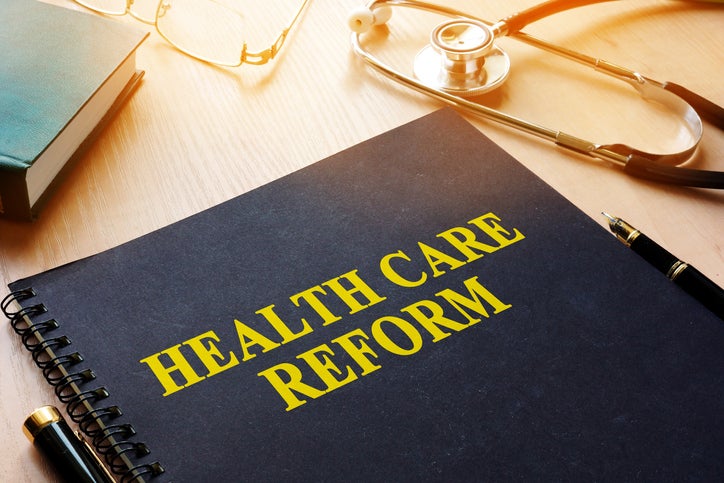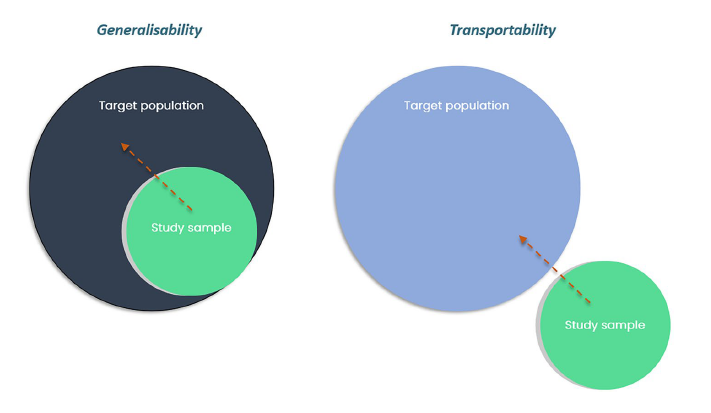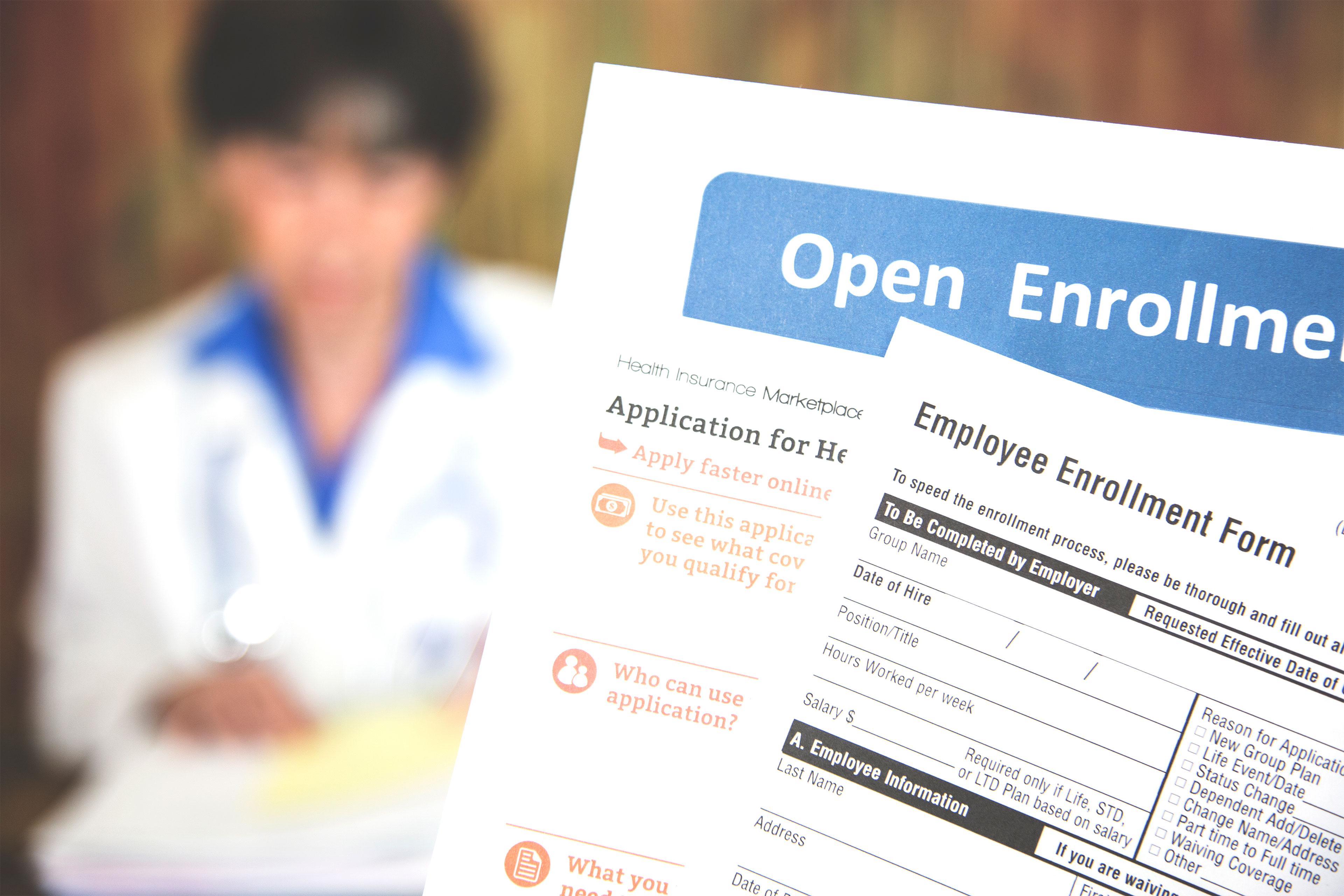How to Get Health Insurance for Elders in the USA

As people grow older, their health and medical needs become more complex and frequent. This is why having health insurance for elders in the USA is critical to ensure that they receive quality medical care without worrying about the financial burden. However, navigating through the process of getting health insurance for elders can be challenging, especially with the many options available.
In this article, we will explore how to get health insurance for elders in the USA. We will discuss various types of plans available, eligibility requirements, how to enroll in a plan and provide tips on choosing a suitable policy that meets your specific needs. With this information, you can confidently navigate the process of obtaining an appropriate health insurance plan for yourself or your loved ones in their golden years.
The need for elder health insurance
Elderly individuals have unique healthcare needs that often require more frequent and specialized medical attention. For this reason, the need for elder health insurance is crucial. In the United States, Medicare is available to individuals who are 65 years or older, but it may not cover all necessary medical expenses such as long-term care or dental services.
To supplement these gaps in coverage, many seniors opt for Medicare Advantage plans which offer additional benefits such as prescription drug coverage and vision services. However, it is important to carefully research and compare different plans before choosing one that best suits an individual’s specific healthcare needs.
Additionally, some elderly individuals may qualify for Medicaid based on their income level or disability status. It is important to explore all options for elder health insurance as proper coverage can greatly improve quality of life and overall well-being in later years of life.
Understanding Medicare: Basics and eligibility
Medicare is a federal health insurance program that provides coverage for people aged 65 and older, as well as those with certain disabilities or medical conditions. Medicare is divided into several parts: Part A covers hospital stays, Part B covers doctor visits and other outpatient services, Part C offers alternative options through private insurers, and Part D covers prescription drugs.
To be eligible for Medicare, you must be a U.S. citizen or permanent legal resident who has paid into the system through payroll taxes for at least 10 years (or have a spouse who has). If you are receiving Social Security benefits before turning 65, you will automatically be enrolled in Medicare Parts A and B. If not, you will need to enroll during the initial enrollment period which begins three months before your 65th birthday and ends three months after.
It’s important to note that while Medicare covers many expenses related to healthcare for seniors and those with disabilities, it doesn’t cover everything. For example, long-term care (such as nursing homes) is not covered by traditional Medicare plans.
Supplemental Insurance: What it covers
Supplemental insurance is an additional type of coverage that helps pay for expenses not covered by traditional health insurance plans. It can be beneficial for seniors who have high medical costs or are at greater risk of developing certain health conditions. Some examples of supplemental insurance policies include Medicare Supplement plans, dental and vision insurance, and long-term care insurance.
Medicare Supplement plans cover the gaps in Medicare coverage, such as deductibles, copayments, and coinsurance. Dental and vision insurance policies provide coverage for routine check-ups, cleanings, and other services related to eye and dental care. Long-term care insurance covers expenses related to nursing home care or home health services.
When choosing a supplemental policy, it’s important to consider your individual needs and budget. Some policies may offer more comprehensive coverage but come with higher premiums. Others may have lower premiums but provide limited benefits. Consulting with an experienced agent can help you find a policy that meets your specific needs while staying within your budget.
Medicaid: Eligibility and benefits
Medicaid is a joint federal and state program that provides healthcare coverage to low-income individuals and families. Eligibility for Medicaid varies by state, but generally, those who are eligible include pregnant women, children, individuals with disabilities, and seniors with limited income and resources. In order to qualify for Medicaid as a senior citizen, an individual must be at least 65 years old or have a disability that meets the Social Security Administration’s definition of disability.
Once eligible for Medicaid, seniors can receive a range of benefits including doctor visits, hospital stays, prescription drugs, and long-term care services such as nursing home care or in-home assistance with daily living activities. Additionally, some states offer Medicare Savings Programs (MSP) which help pay for Medicare premiums and other out-of-pocket expenses. It is important to note that different states have different rules regarding what services are covered under Medicaid.
Overall, Medicaid provides critical health insurance coverage to millions of Americans including low-income seniors who may not otherwise be able to afford the healthcare services they need. Understanding eligibility requirements and available benefits can help older adults navigate the enrollment process and ensure they receive the best possible care.
Private Insurance Options: Pros and Cons
Private insurance is a popular option for those seeking health coverage in the United States. The primary advantage of private insurance is the flexibility and variety of plans available to consumers. With so many options, individuals can choose a plan that meets their specific needs and budget.
However, private insurance can also be expensive, especially for older adults who may have pre-existing conditions or require more medical attention. Additionally, some private insurance plans may not cover certain treatments or medications, leaving individuals with hefty out-of-pocket expenses.
Another potential downside to private insurance is the administrative burden it places on both healthcare providers and patients. Insurance companies often require extensive paperwork and pre-authorization processes before covering certain procedures or treatments, which can delay access to care and create frustration for patients.
Overall, while private insurance offers many advantages such as choice and flexibility in selecting a plan that fits individual needs, it comes with its own set of drawbacks including high costs and administrative hurdles. It’s important for older adults to carefully consider their options when choosing health coverage in order to make an informed decision that best meets their unique healthcare needs.
Enrolling in a health insurance plan
When enrolling in a health insurance plan for elders in the USA, it’s important to consider factors such as cost, coverage options, and provider networks. Medicare is a federal health insurance program that covers individuals over 65 years of age, those with certain disabilities, and people with end-stage renal disease. However, Medicare may not cover all healthcare expenses and some may choose to purchase supplemental insurance plans.
There are also private health insurance options available for seniors through the healthcare marketplace or directly from insurers. It’s important to compare plans based on premiums, deductibles, co-pays, and out-of-pocket maximums. Additionally, it’s important to review the list of covered services and medications to ensure that they align with individual healthcare needs.
When enrolling in a health insurance plan for elders in the USA, it’s helpful to seek guidance from experts such as licensed agents or counselors who can provide personalized advice based on individual circumstances. Overall, having access to adequate healthcare coverage is crucial for maintaining physical and financial well-being during retirement years.
Conclusion: Importance of elder health insurance
In conclusion, elder health insurance is crucial for seniors to have access to quality healthcare. The aging population faces a higher risk of chronic diseases and medical conditions that require frequent medical attention. Without proper health insurance coverage, the cost of healthcare services can be prohibitively expensive, making it hard for seniors to receive adequate treatment.
Moreover, having health insurance provides peace of mind to both the elderly and their families. It eliminates the financial burden associated with medical emergencies and allows seniors to focus on their recovery without worrying about how they will pay for their medical bills. In addition, some health insurance policies offer benefits like preventive care screenings, which can help detect potential health problems early when they are easier and less expensive to treat.
Overall, obtaining proper health insurance coverage is crucial for ensuring that older adults receive the best possible healthcare services available in their community. It’s essential that seniors take advantage of programs like Medicare or Medicaid while exploring private options to find affordable plans that meet all their needs. Having elder health insurance gives them access to better quality care while providing them with peace of mind knowing that they can get timely treatment without facing financial hardship.






